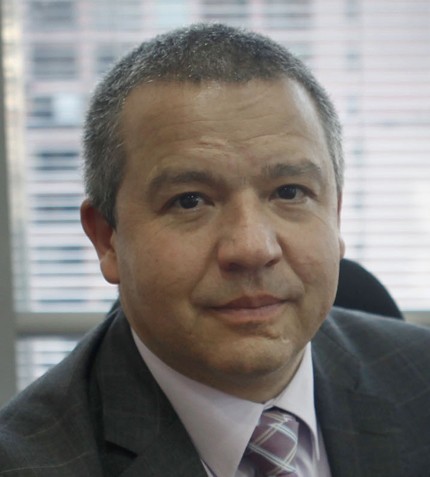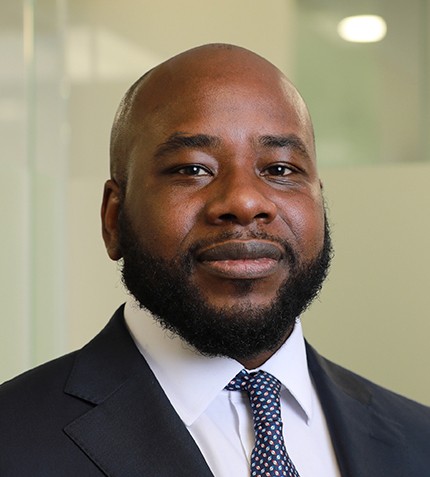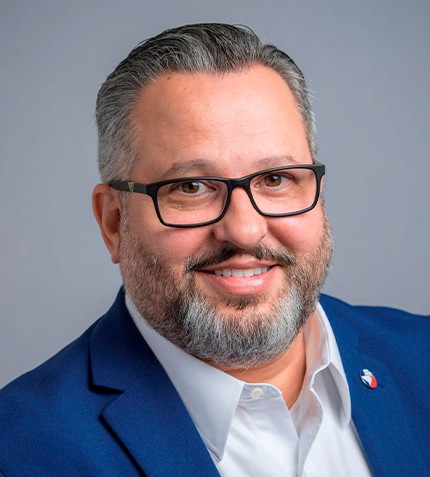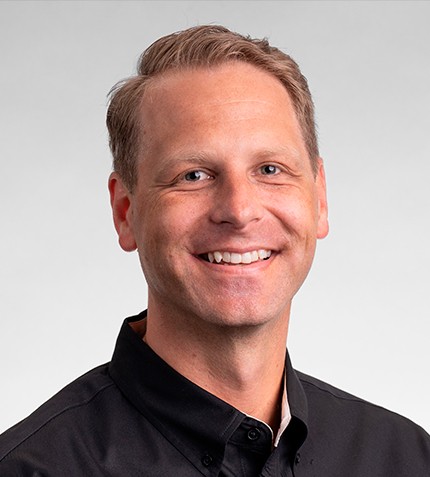
"We are based in a part of the world that is at the forefront of a number of mega trends, including exponential population growth, urbanization and water management. We are invested in all of these areas and are very excited to be bringing new technologies to the region."
RELATED PUBLICATION
ARTICLES FROM THIS PUBLICATION
- Singapore’s Chemicals Sector is Undergoing a Transformation
- For a Rainy Day: Singapore targets water self-sufficiency
- Manpower Constraints a Persistent Burden for Industry in Singapore
- Singapore’s Chemical Producers: Feeding Asia’s Appetite
- Distribution: Streamlining the Channels
- The Brave New World of Chemicals
- Prosperity or Penury – Singapore's Petrochemicals Industry Faces Challenges to Re-invent Itself
Dirk Lorenz-Meyer
MEMBER OF THE BOARD, BEHN MEYER
Behn Meyer was the first German company to settle in Singapore. Can you tell us about the company’s history and current operations in the region?
Behn Meyer has its origins in Singapore since 1840 and, in 1891, the company ventured out of the city-state with a branch in Penang, later becoming the largest German shipping and trading house in the region. Following numerous troughs in the 20th century, Behn Meyer strengthened its hand to become a leading distributor for major German chemical producers, including Bayer and BASF. However, with such partners setting up their own operations, from 1990, Behn Meyer evolved to become the chemical business it is today. We currently have 1,200 employees globally and more than 1,000 in Southeast Asia. Behn Meyer is predominantly focused on Southeast Asia with over 90% of our business in the region. We are based in a part of the world that is at the forefront of a number of mega trends, including exponential population growth, urbanization and water management. We are invested in all of these areas and are very excited to be bringing new technologies to the region.
With four major business units, what specific sectors does Behn Meyer serve?
BM Agricare concentrates on crop protection and fertilizers where we are one of the top providers in Malaysia and own several compaction plants around the region. Secondly, BM Ingredients focuses on natural additives for the food and feed industries. BM Polymers supplies additives to the plastics and rubber industries. Moreover, through our daughter company, Performance Additives, we have invested in our own production facilities, building a factory in Malaysia that produces processing aids based on renewables, namely palm oil fatty acids. Our fourth business area - BM Performance Chemicals - focuses on coatings and water treatment, which is of most relevance in Singapore. Through acquisitions in the Netherlands and Italy, we have gained proprietary technologies for water treatment.
Water scarcity continues to be a pressing issue in the region. Can you tell us more about Behn Meyer’s water business area?
Our water business specifically focuses on two areas: treatment of industrial wastewater and reducing chlorine in municipal water. The wastewater treatment focuses on the removal of heavy metals and the reduction of sludge from customers’ filtration systems. Since sludge needs to be properly disposed of, decreasing its amount leads to lower disposal charges and thus brings down the total process cost. Regarding the municipal drinking water, we focus on eco-friendly and safe disinfection and cleaning technologies. Chlorine has been receiving a lot of negative press lately and we are seeing our water business gain more and more traction as the enforcement of environmental regulations begin to filter across the region.
Can you tell us about Behn Meyer’s R&D capabilities?
We founded a dedicated R&D company called Behn Meyer R&D Services, which supports all our business units across the region, as well as carrying out quality assurance/quality control (QA/QC) for our production units. We have ventured into production, R&D and co-development with our customers and have a large number of application laboratories. For example, we have rubber and latex laboratories in Malaysia supporting the tire and glove industries. Our aquaculture research center - WetLab - in Southern Vietnam works with our customers to better the sustainability of the industry by improving feed efficiency and introducing natural remedies for diseases. For the food business, we have a baking lab in Kuala Lumpur that tests enzymes and bread improvers and a meat processing lab in Vietnam, where we enhance customer recipes for sausages, to name a few. Being close to our customers, these application laboratories have become the joint testing ground for consumer needs and we are constantly tailoring innovative solutions to serve them.
As Singapore celebrates 2018 as its Year of Climate Action, how is Behn Meyer prioritizing sustainability?
For us, sustainability first and foremost means food security for future generations. Our Agricare business introduces bio-pesticides to reduce the use of agrochemicals, and our feed business, with the tagline ‘Inspiring Natural Solutions’, has acquired a company in the Netherlands that develops medication without antibiotics – an exciting forward-looking technology. We have set up our factories in close proximity to their major raw material inputs (palm oil based production in Malaysia and asphalt based production in the US) in order to reduce our carbon footprint and we will now install solar panels on our warehouse near Kuala Lumpur.
A lack of a uniform regulatory framework continues to burden the ASEAN. What are the challenges of operating across the region as a distributor?
Registration requirements differ across the region and so does the time needed to complete the process in each place. While our business model is truly regional we have to comply with each country’s individual guidelines. Knowing the specifics of the region has become a major success factor for us and we pitch ourselves to producers that we can take care of their complete ASEAN distribution. We are present in all 10 ASEAN markets and, through the years, we have collected many strategic partnerships on a regional level.
What role does Singapore play for Behn Meyer?
Singapore is our home turf. The company was founded here and, although the business is aggressively expanding in ASEAN, Singapore will always be at the heart of our activities. We value Singapore for its compliance, transparency and certainty for rule of law. Besides our operating units, we have three holdings in the city-state and we will continue to use Singapore as the springboard for our activities.
What will be Behn Meyer’s identity moving forward in such a dynamic region?
The ASEAN population is set to nearly double to 1.1 billion by 2040. This will put strains on food supply, water management, urbanization and mobility. With our four business areas, we are well positioned to help our customers shape the future in Singapore and beyond.
Despite our growing R&D and production capabilities, our identity will remain as a specialty distributor as it has for so many years. This is our DNA. But the addition of our own production signals to our partners that we are truly committed to these industries, and that is why we are willing to increase our investments. As we grow forward, we want to continue complementing our distribution business with external growth, looking at manufacturing units as well as distribution opportunities.











